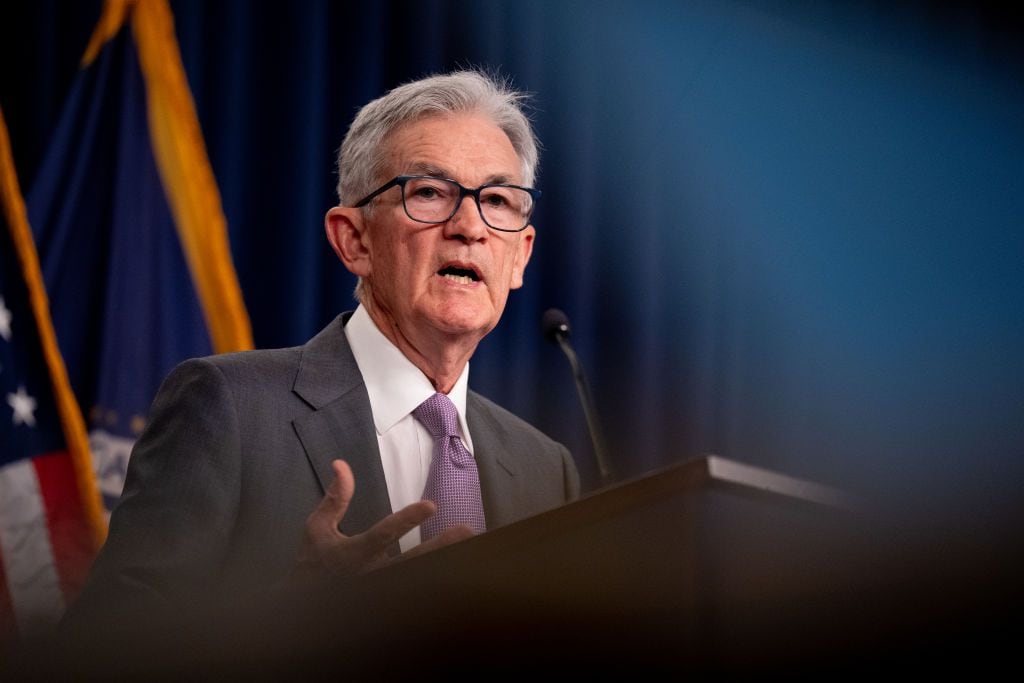OPEC and its allies this weekend agreed to cut production next month by nearly 10 million barrels per day, a move aimed at shoring-up sagging oil prices amid the global response to the novel coronavirus pandemic.
The agreement, led by OPEC's leading member Saudi Arabia, and the organization's chief counterpart, Russia, capped a weekend of furious negotiations involving not only the cartel but the Group of 20. President Trump reportedly helped broker the agreement between the Saudis and the Russians, who had been at odds since Moscow last month declined to renew a production cut agreement with OPEC.
The production cut, about 9.7 million barrels per day, is scheduled to remain in place for two months starting May 1, then begin easing through the summer and fall.
"We have demonstrated that OPEC+ is up and alive," Saudi Energy Minister Prince Abdulaziz bin Salman, referring to OPEC's partnership with Russia and other non-cartel members, told Bloomberg News. "I'm more than happy with the deal."
Non-OPEC nations, especially the developed countries that are part of the G-20, indicated that they will contribute to the agreement by buying oil to fill their countries' petroleum reserves.
Benchmark crude oil prices rose slightly immediately after the agreement was announced Sunday, but they had largely settled to their previous prices by Monday morning. Although the agreement to cut oil production by close to 10 million barrels per day would traditionally amount to an enormous cut, global demand has fallen by as much as 30 million barrels due to the travel restrictions and business shutdowns imposed to slow the spread of COVID-19.
Brent crude, the benchmark for global oil prices and for U.S. gasoline, was fetching about $31 a barrel Monday morning. West Texas Intermediate, the bellwether for U.S. shale oil production, was selling for about $23 a barrel.












